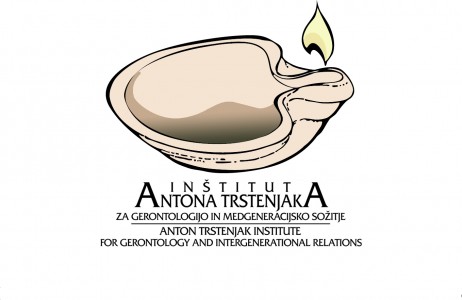Committed To Becoming More Age-Friendly
Slovene Network of Age-friendly Cities and Communities Slovenia
The coordinator of the program is the Anton Trstenjak Institute of Gerontology and Intergenerational Relations, which is the main research, development, counselling and end-user organization in this field in Slovenia. The population in Slovenia is evenly distributed into around 2 million residents. The percentage of residents older than 65 years is 17,7 %.
Slovenia began implementing the Age-Friendly Cities program in 2008. The basis for the creation of the program and of the Slovenian Network of Age-Friendly Cities and Communities was a research, following the Vancouver Protocol and carried out in the Slovenian capital Ljubljana (2009-2010), and the implementation of two handbooks (Age-Friendly Cities, 2008 and Province-Wide Age-Friendly Initiative, Canada). We encountered a very good response from the mayors of some of the largest Slovenian cities. Since 2010 other communities joined the Slovenian network. The Slovenian network is extended to currently more than 15 members.
The main aim of Slovenian network is to disseminate good practice and experiences together with the implementation of guidelines for quality ageing and intergenerational relations. The Slovenian network also helps cities and communities with evaluation and provides professional support, especially for the development of new soft approaches. During the implementation and development of the Slovenian network of age-friendly cities and communities two features of the network emerged.
1. The Slovenian distinctive feature is a local honorary senior committee, which is formed in the preparatory phase. In this phase the Institute helps the city’s local politicians, management, professionals and civil society by providing information about the program. At the municipality a group of around 20 honorary citizens, who are prepared to cope with the implementation and development of the program, are appointed. At the local presentation of the program members of this committee receive a handbook »Age-Friendly Cities-Vademecum« with project’s description and global recommendations for all 8 main fields of the project. The handbook also contains blank pages, so that each member can note the improvements that could be made in his/her environment. Committee’s contribution is important as it provides different aspects of community about the program.
2. The integrated three-level programs in the 5-year development strategy of age-friendly local community is next distinction of Slovenian network. The strategy is concrete plan for connection of existing programs as well for the implementation of new necessary programs in the following areas:
2.1. Programs for long-term care of sick, disabled elderly and other persons with disabilities (relevant for 5% of the population) – our primary focus is on implementing the course for informal and home carers, who represent 10% of the population (Research on ageing in Slovenia, 2013).
2.2. Programs for active and healthy ageing of entire senior generation (relevant for 20% of total population) – we mostly focus on training and organizing volunteers. They carry out existing sporting, cultural and entertainment programs in groups for older people and also new programs such as the program for prevention of falls in the old age, Living with High Blood Pressure program etc.
2.3. Programs for strengthening the solidarity between generations and education of all residents about better coexistence (relevant for 100% of the population). The participation of kindergartens, primary and secondary schools in the network is crucial. The program of voluntary companionship between young people and seniors while learning/teaching the use of ICT is also very successful.
In each of these three areas the community should introduce or improve functioning with at least three preventive programs for quality ageing and intergenerational relations during a 5-year period. Taking the financial crisis into account, the Institute recommends the implementation of soft approaches that are low-cost and reach a large part of the population. It is necessary to use new methodical knowledge, better organization of existing facilities and services and volunteer work to meet the pressing needs of people. These preventive programs are based on findings that solution for demographic challenges lays into strengthening the solidarity between the generations. Therefore an age-friendly community is not only friendly to older people, but to everyone.
The Institute each year collects the achievements of Slovenian Network of Age-friendly cities and communities – we keep the Slovenian public as well as the World Health Organization informed about these results.
For more information, please visit our website.


